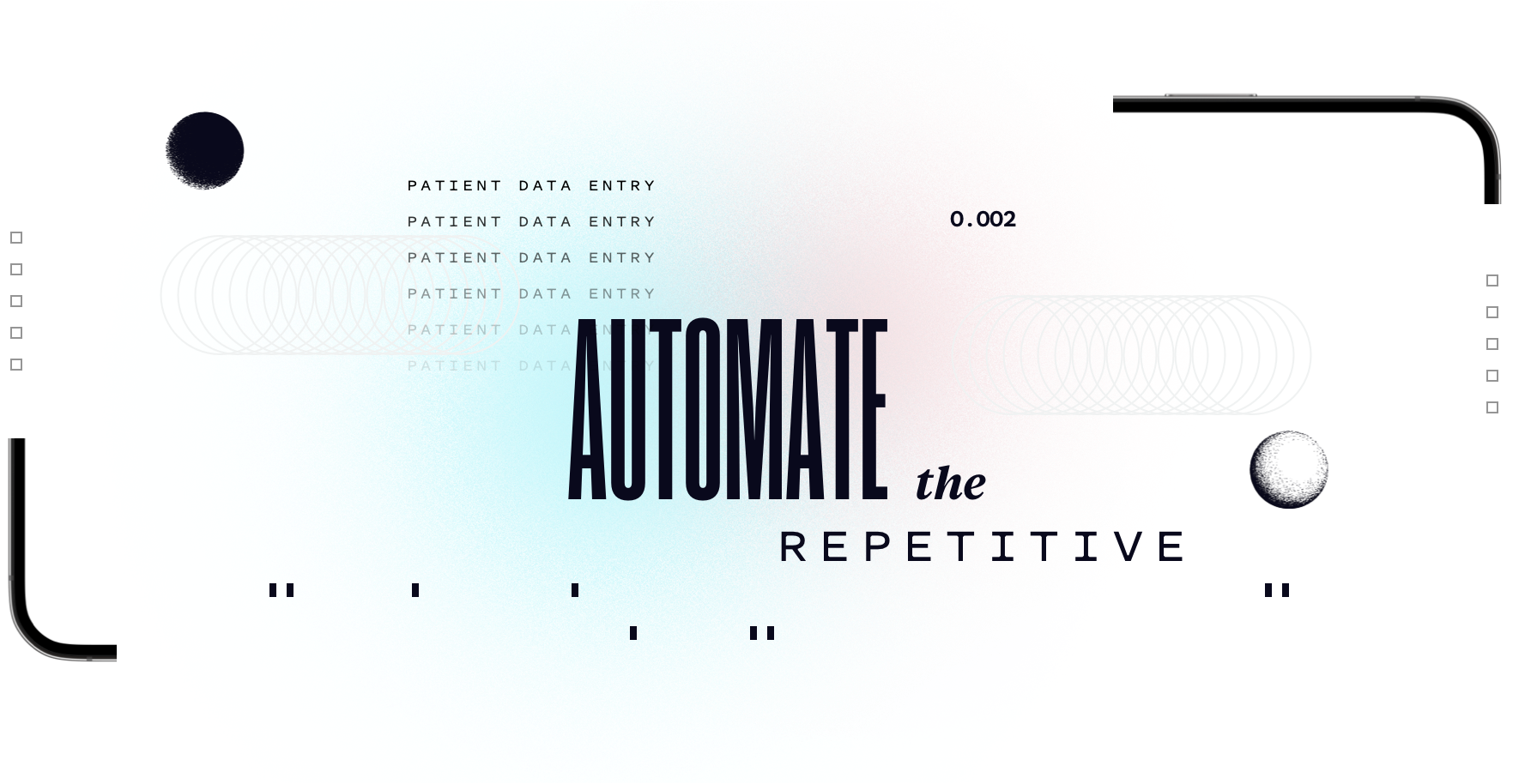
Intelligent Products
AI in healthcare: How Intelligent Products increase accessibility and equity
The global push to provide essential healthcare for everyone has run into stiff headwinds in recent years. While the Healthcare Access and Quality (HAQ) Index increased between 1990 and 2019, the COVID-19 pandemic has slowed that upward trend. Faced with such a disruption, how do we regroup and regain ground?
It’s a complex endeavor, to be sure. But with so many factors involved in making quality health services available to all, every strategy that speeds up progress toward the goal is worth considering. Artificial intelligence (AI) is one such tool that has a powerful role to play.
AI in healthcare enables us to build a more accessible and equitable system because it lets humans do more of what they’re best at, while also performing functions that humans can’t, as well as mandatory but tedious tasks. When healthcare resources go further, more people get what they need.
Improving healthcare access with Intelligent Products
Every day, more organizations in the healthcare field are turning to Intelligent Products, which deploy AI in impactful ways to create better outcomes for patients and more sustainable experiences for providers. The potential of these technologies is turning into real, measurable results. Let’s see how.
Availability
Right now, there simply aren't enough healthcare professionals to go around. Workforce shortages and the effects of burnout make it difficult to staff enough hours and clinics to accommodate all patients.
Intelligent Products can automate routine administration and analytics, allowing healthcare providers to focus on more complex patient needs. Think of AI chatbots that handle basic patient inquiries or algorithms that sift through mountains of patient data to identify potential health risks.
Affordability
AI also addresses another significant obstacle: cost. By taking over repetitive tasks like patient data entry, appointment scheduling, or even preliminary diagnostics, Intelligent Products can reduce the time and resources necessary for these tasks, leading to decreased operating costs.
AI systems are designed to scale, which means that once developed, they can be deployed to serve vast numbers of patients without the need for proportional increases in resources. This wide deployment can lead to significant economies of scale, reducing the per-patient cost of healthcare services.

Geographic accessibility
Through AI-powered platforms, individuals in remote areas can consult with physicians, receive diagnoses, and even get treatment plans without needing to travel long distances.
Specialists can leverage AI to help with diagnosis and treatment planning, bringing specialized care to places it was previously unavailable. AI can also aid in the distribution of resources, using predictive models to identify areas with urgent needs.
Accommodation
Innovative applications like voice-assisted technologies and AI-driven adaptive tools are enhancing accessibility for people with visual, auditory, or physical impairments. Take the example of AI-powered speech recognition technology that can transcribe doctor-patient conversations, aiding those with hearing impairments, or AI-driven virtual reality therapy platforms designed for patients with mobility issues.
How Intelligent Products can deliver more equitable care
Personal, racial, gender, and ethnic differences can significantly impact treatment outcomes, and a one-size-fits-all approach can exacerbate disparities. Intelligent Products help tailor healthcare to make sure that everyone gets the treatment they deserve.
Personalization
AI algorithms can analyze genetic data, lifestyle factors, and personal medical histories to develop personalized treatment plans. Moreover, when trained on diverse and representative datasets, AI systems can help identify and address disparities in diagnosis and treatment among different racial, gender, and ethnic groups.

Inclusivity and fairness
A key part of research involves analyzing health outcomes data, which can reveal stark differences in healthcare equity. By deploying machine learning algorithms, researchers can sift through mountains of data, pinpointing patterns and disparities that might otherwise go unnoticed. This could involve anything from analyzing differential drug responses among diverse racial groups to identifying systemic biases in healthcare access or treatment.
Objectivity
Inherent human biases, often unconscious, can sometimes skew clinical decisions, leading to disparities in care among different racial, ethnic, and gender groups. When AI algorithms are trained on diverse and representative data, they have the potential to mitigate these biases.
Intelligent Products can analyze patient data and suggest treatments based solely on relevant medical factors, disregarding aspects such as race, ethnicity, or gender when they’re irrelevant. Incomplete or biased data can lead to biased outcomes, so it’s important to ensure that the data is as diverse and representative as the patients being served.
How Intelligent Products can deliver more equitable care
Let’s look at a real-world example of intelligence in healthcare. A healthcare company that provides critical dialysis services to 1.7 million patients worldwide wanted to open thousands of new clinics to improve accessibility. But company executives were having a hard time getting a clear read on their operations and leadership capacity.
They partnered with Slalom Build to develop an AI proof of concept and then expanded it into a full Intelligent Product, complete with operational support to make it sustainable and experience design to make it useful for decision-makers.
The teams worked at breakneck speed to do exploratory data analysis, build data pipelines, and apply anomaly detection models. The leadership team was able to view the data and identify the business value thanks to visual analytics.
Now decision-makers can see how facilities and regions are performing in a single pane. Machine learning models let them compare facilities conveniently and accurately, turning hard-to-use metrics into something clearly meaningful.
While AI is an undeniably powerful force in the drive toward accessible and equitable healthcare, it can only do so much. Intelligent Products must be part of a larger initiative that includes the infrastructural and systemic changes needed in the healthcare sector. This includes policy revisions to address systemic disparities, increased funding for public health, and improved healthcare access in underprivileged areas. The driver, then, is continuous advocacy from both within and outside the healthcare sector to push for these changes. With Intelligent Products in the mix, the finish line—universal healthcare access—gets closer every day.
If you want a better understanding of how Intelligent Products create positive outcomes for organizations and the people they serve, check out the Intelligent Products whitepaper now.
And if you’d like to do some hands-on exploration of specific opportunities in your organization where Intelligent Products could support patients and professionals, get in touch to set up a workshop.



